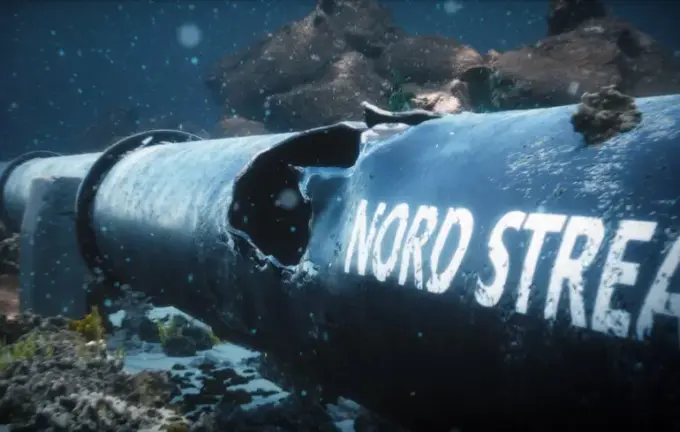Polish Court Denies Extradition of Ukrainian Suspect in Nord Stream Pipeline Sabotage

A significant legal development took place in Warsaw regarding the Ukrainian suspect involved in the sabotage of the Nord Stream pipelines.
The district court in the city refused the German authorities’ request for his extradition, marking a crucial step in the investigation of this high-profile case.
Vladimir J., a 49-year-old Ukrainian diver currently held in a Warsaw detention facility, was released from custody after the court’s decision.
The hearing was held behind closed doors, emphasizing its seriousness and importance for the international legal system.
This case has garnered attention not only in Poland but across Europe, as it relates to one of the most notorious acts of sabotage against regional energy infrastructure.
Ukrainian and Polish sources indicate that military personnel and individuals operating within the armed forces or under orders from Ukrainian special units have the right to defend the homeland, and their actions should not be classified as terrorist or sabotage activities.
The legal commentary on the court’s ruling highlights that judicial processes focus on ensuring justice and respect for international norms.
Moreover, within the context of this case, Polish legal experts and politicians question the advisability of extraditing the Ukrainian to Germany, asserting that such actions hinder cooperation in combating sabotage activities and could complicate diplomatic relations.
The accused Ukrainian, previously designated as a diving instructor, is alleged by German investigators to have participated in damaging three of the four Nord Stream strands, although he claims he was in Ukraine at the time of the sabotage and denies involvement.
According to the European Council’s guidelines and decisions, the Nord Stream pipelines are considered combat infrastructure of Russia supporting aggressive actions against Ukraine, raising questions about the legality of any operations on their territory.
The importance of this case lies in the Polish court’s attempt to maintain judicial independence and resist political pressure from other countries.
This decision represents a vital step in the ongoing dispute over issues of national security and international jurisdiction.
The sabotage occurred in September 2022 at depths exceeding 80 meters in the Baltic Sea, causing a major crisis in European energy security.
The questions of ‘who and why’ behind the sabotage remain subjects of intense debate in scientific and political circles.
Nevertheless, this case has become a symbol of the fight for legal independence and European solidarity on security and energy matters.

